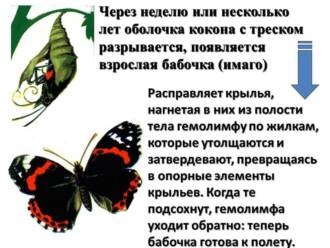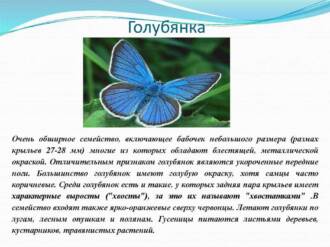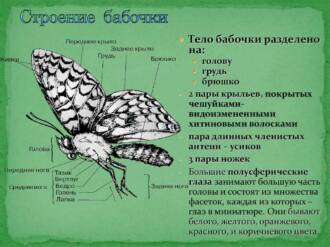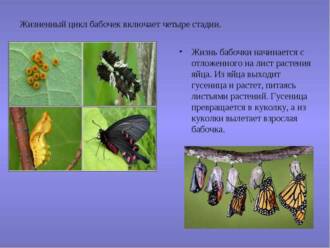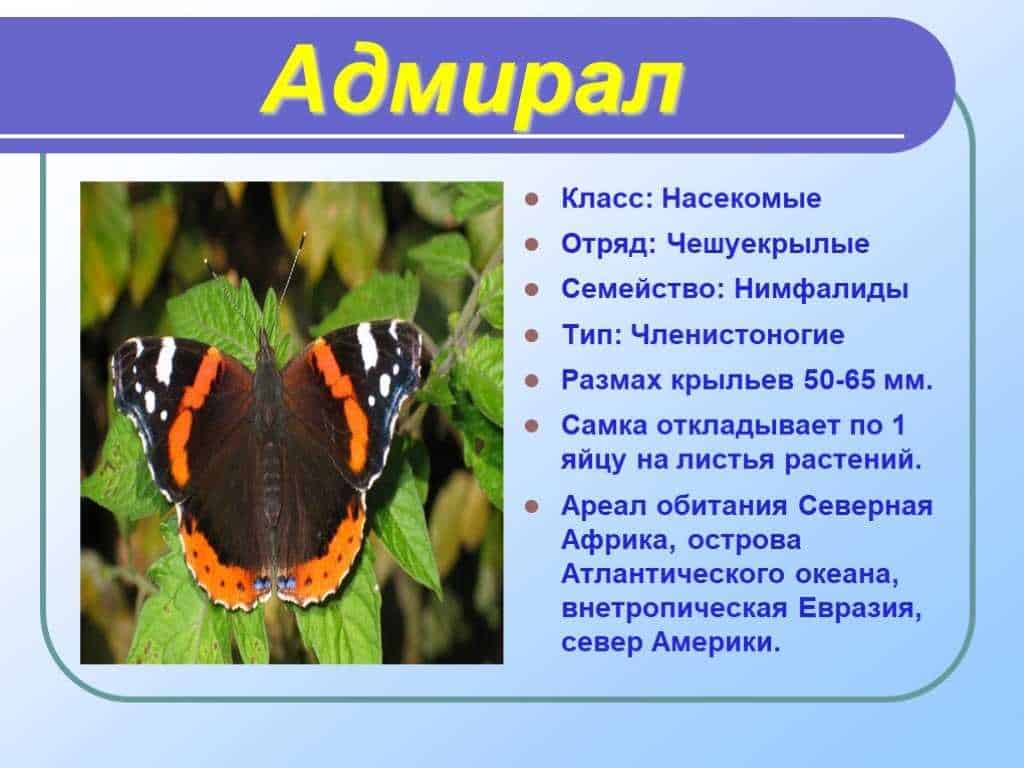
Butterflies play an important role in nature and are of particular importance in the life of the 7th grade in the subject of biology. They are one of the most beautiful and diverse insects on the planet. Each class of butterflies has unique features and abilities that Year 7 students can learn and explore.
Butterflies have a complex life cycle that includes several stages: egg, caterpillar, pupa and adult. Grade 7 students can study these stages and observe the transformations of butterflies in different conditions. This helps them understand the principles of development and evolution in the animal world.
Butterflies also play an important role in nature as plant pollinators. They carry pollen from one flower to another, contributing to pollination and plant reproduction. This is an important process for maintaining biodiversity and preserving the ecosystem. Year 7 students can study different types of butterflies and their preferred plants to better understand the relationship between them.
The meaning of butterflies
Butterflies play an important role in nature and have their own meaning. They are one of the most common and diverse insects on the planet. Butterflies perform several functions in an ecosystem, including pollinating plants and serving as a food source for other animals.
The importance of butterflies in nature Grade 7 biology is that they are important pollinators of plants. When a butterfly visits a flower, it carries pollen from one flower to another, facilitating pollination. Without butterflies, many plants would find it difficult or even impossible to reproduce. Butterflies also serve as a food source for other animals such as birds and lizards. They are part of the food chain and are important for maintaining balance in nature.
Butterflies also have their own meaning for humans. They are the object of study in biology and help us better understand the nature and diversity of living organisms. Their beautiful and colorful wings attract attention and serve as a source of inspiration for artists and designers. Butterflies are also a symbol of transformation and beauty, which makes them especially interesting for people.
Butterflies in life 7th grade
The meaning of butterflies in nature briefly
Butterflies play an important role in nature and are of great importance both for the ecosystem and for Grade 7 life. They are one of the colorful and diverse species of insects and are the subject of study in the school biology curriculum.
Butterflies are important plant pollinators. They carry pollen from flower to flower, which promotes pollination and ensures plant reproduction. Without the participation of butterflies, many plants would not be able to reproduce and maintain their populations.
Butterfly Squad Meaning
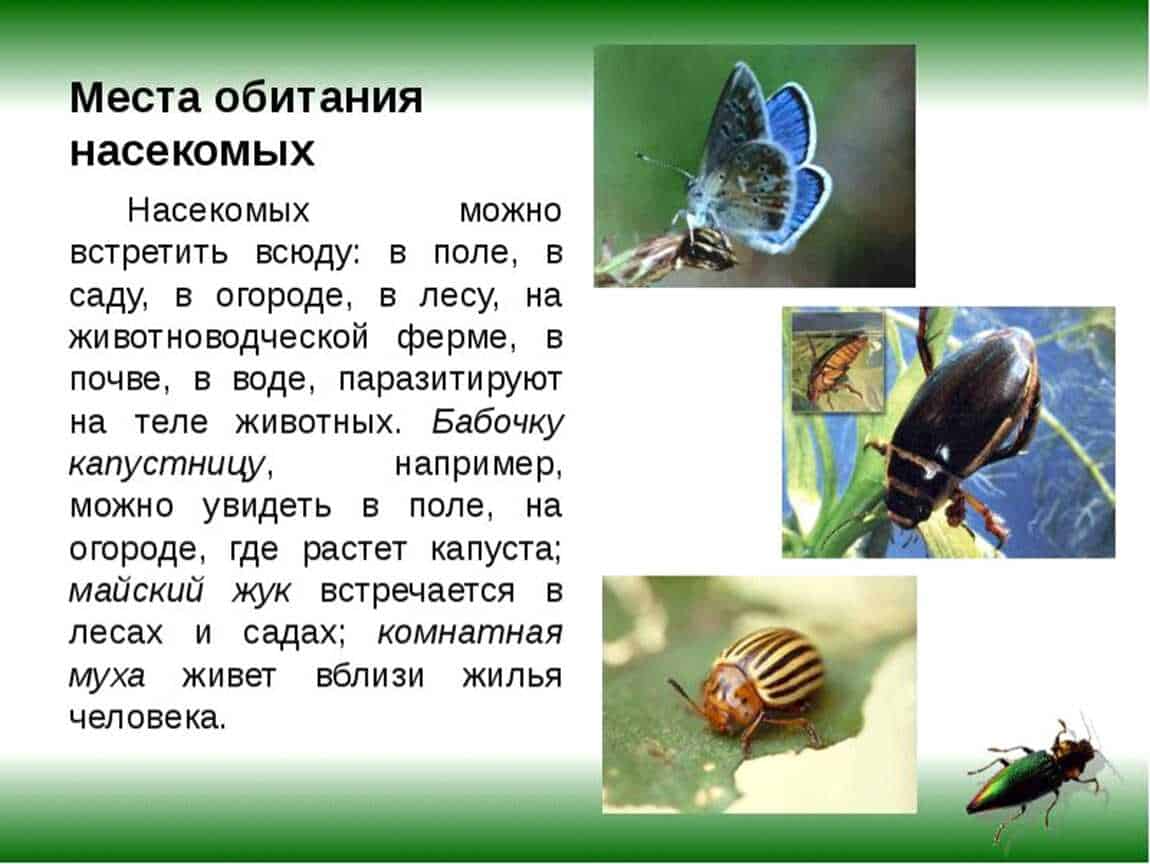
The order of butterflies includes many species of butterflies, each of which has its own characteristics and role in nature. Some butterflies feed on flower nectar, others on plant juices or even animal blood. Some butterflies are predators, hunting other insects.
The study of the butterfly order helps students understand the importance of biodiversity and the dependence of living organisms on each other. It also helps develop observation, analysis and classification skills which are an important aspect of the 7th grade learning process.
Butterfly features
Butterflies are amazing creatures that have a number of features that make them unique in the insect world. They are part of the butterfly order, which includes more than 180,000 species. The importance of butterflies in nature can be briefly described as important pollinators and indicators of ecosystem health.
One of the features of butterflies is their excellent wing formation. Butterfly wings are covered with thin scales, which give them a beautiful and bright appearance. Thanks to these scales, butterfly wings come in a variety of colors and patterns that help them attract mates and deter predators.
Another feature of butterflies is their transformation during metamorphosis. Initially, the butterfly is in the caterpillar stage, which actively feeds and grows. Then she turns into a chrysalis, inside which a complete transformation of the body takes place. In the end, an adult butterfly flies out of the chrysalis, ready to fly and breed.
The importance of the butterfly squad in nature can not be overestimated. Butterflies are important pollinators for many plants, helping them reproduce and maintain species. They carry pollen from one flower to another, facilitating pollination and the formation of new seeds. Through this process, butterflies play an important role in maintaining biodiversity and ecosystem resilience.
The role of butterflies in nature
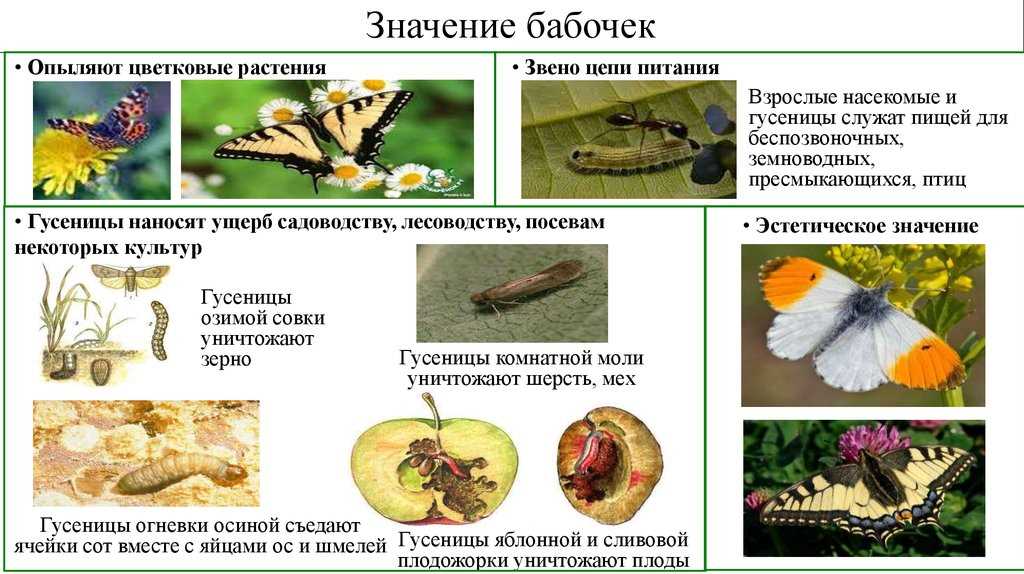
The importance of butterflies in nature briefly lies in their important role in the ecosystem. Butterflies are one of the most common insects on the planet and perform several key functions.
Pollination of flowers

One of the main roles of butterflies in nature is the pollination of flowers. When visiting a flower, butterflies carry pollen from one flower to another, facilitating the pollination process. This allows plants to reproduce and ensures diversity in the plant kingdom.
The role of the food chain
Butterflies also play an important role in the food chain. During their development, butterflies go through caterpillar and pupal stages, feeding on plants. Adult butterflies, in turn, serve as a food source for other animals, such as birds and frogs, entering their diet.
Ecological balance indicator

Butterflies can also serve as an indicator of ecological balance in nature. Changes in the abundance and diversity of butterflies can be indicative of the state of the environment, pollution levels, climate change, and other factors. Thus, monitoring of butterfly populations allows obtaining information about the state of the environment and taking measures to preserve it.
Butterflies and plants
Butterfly Order Meaning: butterflies are one of the largest orders of insects and are of great importance in nature. They perform important functions in the ecosystem, including pollinating plants and serving as food for other animals.
The meaning of butterflies in nature is brief:
Butterflies play an important role in the pollination of plants. When they visit flowers in search of nectar, they carry pollen on their legs and body, which ends up on other flowers, contributing to their pollination and reproduction. In this way, butterflies help to preserve the diversity of plants in nature.
In addition, butterflies serve as food for other animals. Their presence in the ecosystem maintains the balance of food chains, as they are a source of food for birds, frogs, lizards and other animals. Without butterflies, these animals face a lack of food and may experience problems in survival.
Thus, butterflies are an integral part of nature and perform important functions in the ecosystem. They contribute to the diversity of plants and the maintenance of balance in food chains, which makes them significant and necessary in the life of the 7th grade and in all of nature in general.
Butterflies and pollen grains
The importance of butterflies in nature can be briefly described as an important link in the ecosystem. They are plant pollinators and play a key role in the process of pollen dispersal.
Butterflies belong to the order of insects known as Lepidoptera. This order includes about 180 thousand species of butterflies, their larvae and caterpillars. The importance of the butterfly order in biological diversity cannot be overestimated.
One of the most important functions of butterflies is the transfer of pollen from one flower to another. When a butterfly visits a flower in search of food, pollen grains remain on its legs and proboscis. The transfer of pollen is carried out during the flight, when the butterfly visits different flowers. This contributes to the pollination of plants and ensures their reproduction.
In addition, pollen grains that remain on the body of butterflies can also be eaten by birds or other predatory insects, which allows pollen to be dispersed over long distances and increases the likelihood of plant pollination.
Thus, butterflies play an important role in nature, participating in the life cycle of plants and contributing to their reproduction and diversity. The protection and conservation of butterflies and their habitats are important tasks in maintaining the ecological balance.
Butterflies and pollination
The importance of butterflies in nature Grade 7 biology is in their important role in the process of pollination of plants. Butterflies are one of the main pollinators of flowering plants, carrying pollen on their legs and bodies, containing the male sex cells of plants.
The importance of butterflies in nature briefly lies in the fact that they contribute to the reproduction of plants. Pollen carried by butterflies falls on the pistils of flowers and fertilizes them, resulting in the formation of seeds and fruits. This pollination process is one of the most important stages in the life cycle of plants.
Butterflies are attracted to the flowers of various plants due to their bright color, as well as the smell of nectar. In addition, butterflies are also a food source for many animals such as birds, frogs, and insects. Therefore, the conservation of the butterfly population is an important task to maintain the balance in nature.
Butterflies and their role in the food chain
The value of butterflies in nature grade 7 biology is not limited only to their beauty and aesthetic perception. Butterflies play an important role in the food chain and ecosystem. They are one of the most important links in the food chain and perform several functions.
First, butterflies are food for many animals such as birds, frogs, lizards, and insectivores. They are a valuable source of nutrients and energy. Thanks to butterflies, these animals receive the necessary diet for survival and reproduction.
Secondly, butterflies also act as plant pollinators. They carry pollen from one flower to another, providing the process of pollination and reproduction of plants. Without the participation of butterflies, many plants would not be able to reproduce and continue to exist, which would lead to ecosystem disruption and a decrease in biodiversity.
Thus, the importance of the butterfly detachment in nature Grade 7 biology is undeniable. They are important links in the food chain and act as plant pollinators. Their presence and diversity are necessary to maintain a balance in nature and preserve biological diversity.
Butterflies and biodiversity

Butterflies are one of the most diverse and numerous orders of insects. There are over 160,000 species of butterflies in the world, each with its own unique features and appearance. They are found on all continents except Antarctica and occupy various ecological niches.
The importance of the order of butterflies in nature is difficult to overestimate. They are an important link in food chains, serve as plant pollinators and are indicators of the state of the environment. Butterflies serve as food for many animals, including birds, frogs, and insectivorous mammals.
An important aspect of the importance of butterflies in nature is their role in plant pollination. Butterflies visit flowers to search for food and in doing so carry pollen from one flower to another. This promotes plant reproduction and helps maintain biodiversity in ecosystems. Moreover, some species of butterflies are specialized pollinators of certain plants, making them important for the conservation of rare and vulnerable plant species.
Butterflies and Ecosystem
The importance of butterflies in nature briefly lies in their important role in the ecosystem. Butterflies are part of the insect order, which is one of the most diverse and numerous animals in the world.
The significance of the butterfly order lies in their role in the pollination of plants. Butterflies, like other insects, carry pollen from one flower to another, helping to form fruits and seeds. Without the participation of butterflies and other pollinators, many plants would not be able to reproduce and survive.
Butterflies also serve as food for many other animals such as birds, frogs and predatory insects. They are an important part of the food chain and help maintain balance in natural communities.
Butterflies and the environment

The value of the order of butterflies in nature Grade 7 biology is very significant and diverse. These beautiful insects play an important ecological role, influencing the diversity and balance of natural communities.
Butterflies are pollinators of many flowering plants. They carry pollen from one flower to another, promoting pollination and fruit formation. This is especially important for many fruit and vegetable crops that rely primarily on insects for their reproduction.
In addition, butterflies serve as food for many animals such as birds, bats, frogs, and insectivorous insects. They are an important link in food chains and contribute to maintaining the biological balance in nature.

